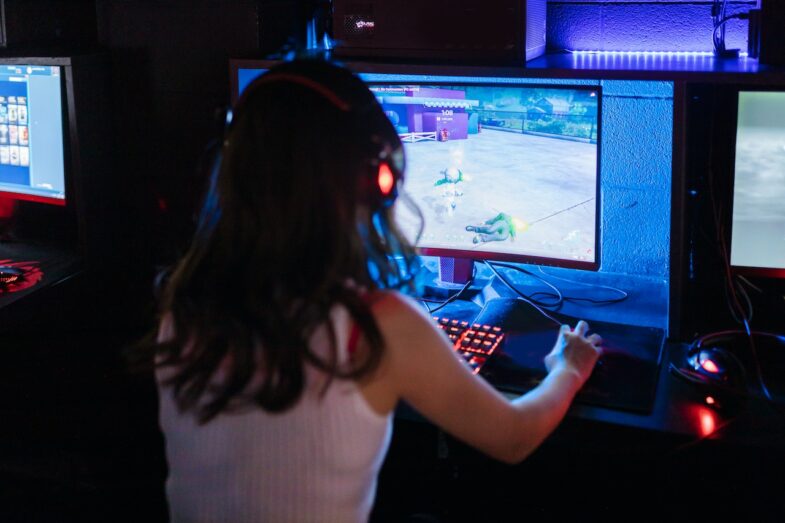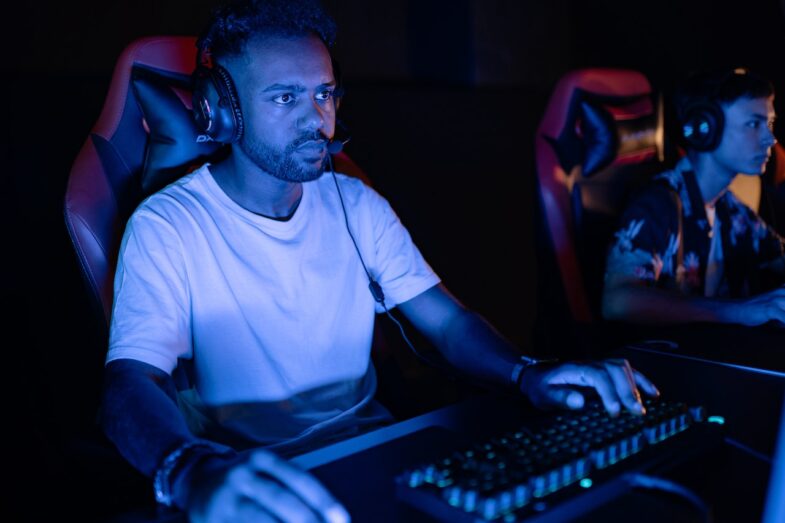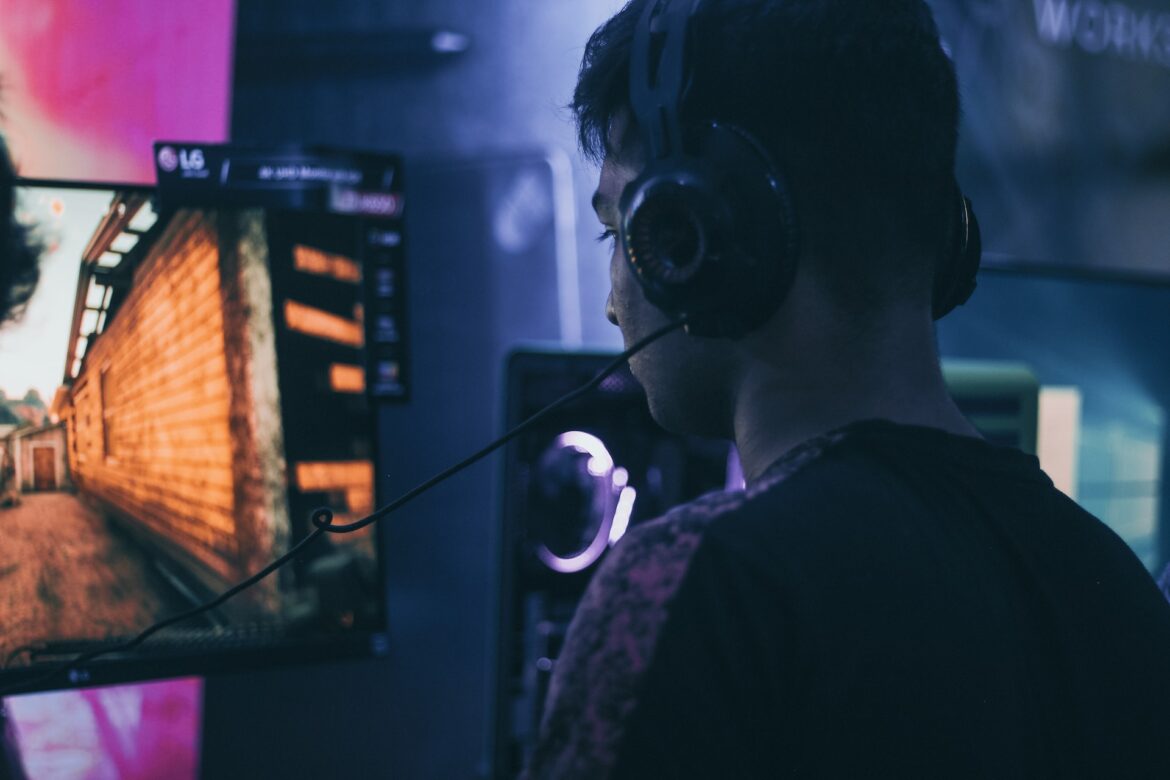Video games don’t receive as much credit as they actually should when it comes to their learning benefits. Indeed, computer games can carry quite a few advantages for young people in schools. Gaming can teach learners new skills, give them valuable life lessons, and show the true power of motivation and determination. Overall, computer games can be a great learning practice when approached wisely and with the right goal in mind. Let’s see how video games can enhance learning and lead to greater academic performance.
Strategic thinking

Source: unsplash.com
Most video games require good strategic skills to succeed. Hence, young people practice their strategic thinking, create various plans and try them in the game. Sometimes they succeed, and sometimes they don’t. Yet, the attempt is there. Gamers have to overcome numerous challenges to achieve their desired goals. Each such challenge may sharpen one’s strategic thinking and force one to be more creative and analytical in their moves.
Of course, those skills are irreplaceable in learning, too. For example, students need strategic approaches when dealing with their homework, creating study plans and schedules as well as prioritizing tasks. In addition, strategic thinking helps young people to solve study problems, find the best solutions, and plan several steps ahead.
Determination
Young people have to learn about determination from somewhere. Of course, most students are determined to put their knowledge to the test and earn good grades in school. Yet, procrastination and lack of focus still play their role in their determination. Young people may give up after their first failed attempt, not fight for their rights, or lack the discipline to work harder to do better in school. Well, gaming can help students get over some of these flaws of the youth.
Computer games teach us about determination, discipline, getting up after failed attempts, and repeatedly trying until we can go to the next chapter. Although gamers practice this behavior only in the digital world, the lessons from these experiences will follow them to the real realm, too. Thus, they learn about the benefit of never giving up, keeping on trying and pushing, and not being afraid of failing.
Indeed, computer games can teach young people about failing and how it’s a part of life. Yet, they also show how you can do things over again and again to achieve your goals. Hence, they also teach gamers the joys of overcoming difficulties.
Critical thinking

Source: pexels.com
To succeed in studying, you must learn to think outside the box. Sometimes, you should strive for the most original, interesting, and unique approach. That’s where your critical thinking skills can come into play. Learners who can make the best judgment, clear, unbiased, and based on facts, will always win any argument and complete excellent assignments.
Games teach students to analyze situations, consider facts and knowledge they’ve previously received, and apply them to make the right decisions. Thus, such a gaming element encourages observation and critical approaches to analyzing new information. In schools, it’s all the same. A learner should know how to use the lessons they receive to make the best of their knowledge and abilities.
Social skills
Social skills are something most people tend to overlook in video games. Yet, they are actually strong in covering many social skills. For example, gamers often play in teams. So, they have to collaborate in defeating their enemies and overcoming challenges. Such cooperation leads to plenty of communications, negotiations, and strategies. In addition, such teamwork can also nurture leadership abilities.
All these social situations are also applicable to classroom environments. Students need to know about cooperation to complete projects together or work in pairs. Fortunately, video games have already served as a solid communication platform.
Decision making

Source: pexels.com
More often than not, players have only a few seconds to make important decisions at turning points of the game. Thus, they are forced to apply all the skills they’ve just learned to take the right steps towards victory. It can be a matter of what turns to make in the game, what answer to give, or what tools to use. Still, being forced to make instant decisions increases gamers’ ability to focus, enhances the pace of their thinking, and reduces the doubting element in the given process.
Of course, sometimes the process of decision-making is not as rapid and urgent. In such cases, gamers have plenty of time to think and analyze the situation. Hence, they learn to apply their strategic thinking to practice and take action. They also learn that not all choices will be successful, and that’s okay.
Educational games
Lastly, there is a whole segment in computer games that aims at education specifically. Thus, educational games exist for teaching lessons on different subjects, foreign languages, and other school classes. In addition, educational games help learners stay more engaged and interested in topics by creating fun and encouraging educational gameplay.
Such games can also aim at emotional education, create friendly competition among players and encourage socialization. Overall, educational games seem like a new step in the gaming industry and educational system.
Wrapping up
Computer games can have many hidden benefits for learners. They just need to know where to look and how to grow those gems while playing. It’s clear that gamers can improve their learning due to lessons received in computer games. Of course, it doesn’t mean they don’t skip assignments from time to time, ordering them from WritePaperForMe instead of doing things themselves. Still, it doesn’t make them bad learners if they can make up for it with enhanced skills and stronger determination.
